Story
PML's contributions to the UN's Sustainable Development Goals
25 September 2023
The 2023 Sustainable Development Goals (SDGs) Summit takes place this week in New York. It will mark the beginning of a new phase of accelerated progress for the SDGs, with high-level political guidance on transformative and enhanced actions leading up to 2030.
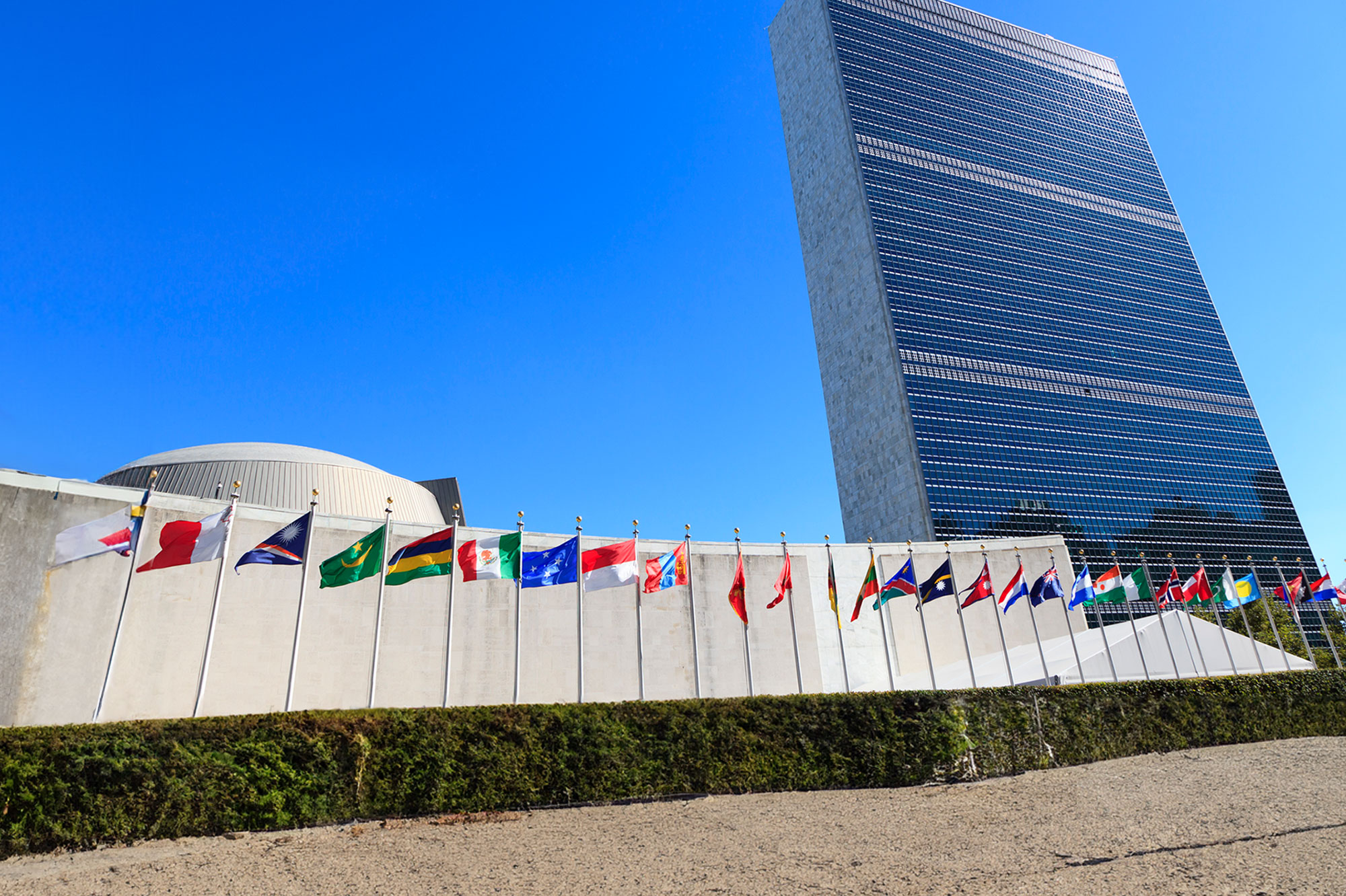
United Nations Headquarters, New York
The ocean plays a crucial role in addressing all of these UN’s Sustainable Development Goals with PML’s world-leading research, capacity building and societal impact playing an important role in helping to achieve these.
The UN Economic and Social Council (ESOCOC) operates at the centre of the UN system focusing on all pillars of sustainable development—economic, social and environmental. In recognition of PML’s special competence in fields of expertise relevant to ECOSOC it has been awarded Special Consultative Status.
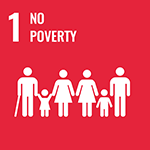
SDG 1: No Poverty
PML works on a number of projects with an aim to improve the livelihoods and sustainable future prosperity of coastal communities around the world.
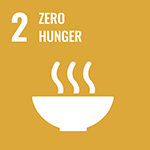
SDG 2: Zero Hunger
A priority research area for PML is to improve the security of marine food resources by understanding the drivers of the food-webs and ecological processes that supports them in a changing climate.
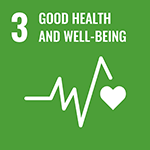
SDG 3: Good Health and Well-Being
PML has a strong focus on how the ocean and humans interact with each other and undertakes research that aims to reduces the risk of poor health linked to the ocean, such as issues caused by harmful algal blooms and cholera, whilst also promoting a wide ranging well-being benefits connected to marine experiences.
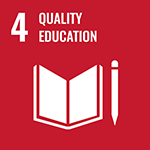
SDG 4: Quality Education
Knowledge sharing at a range of levels, supporting ocean literacy and global capacity building are central to PML’s charitable objectives and a major activity undertaken across the lab.
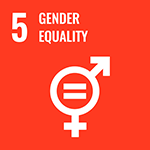
SDG 5: Gender Equality
PML’s Equality, Diversity and Inclusion policy seeks to promote fair treatment and equal opportunities for all, especially around gender equality. The organization was successful in achieving an Athena SWAN accreditation, recognising commitment to gender equality and representation with the aim to inspire a progressive, inclusive culture in the workplace.
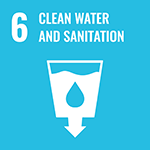
SDG 6: Clean Water and Sanitation
PML has a core belief that everyone should have access to clean water and good sanitation and researchers are involved with numerous projects to help achieve this, such as reducing the risk of water-borne diseases.In addition, we monitor water quality in more than 4000 of the world’s largest lakes daily from space, and UNEP uses these data to monitor progress on SDG6.1.1.
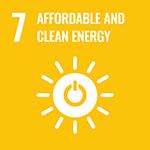
SDG 7: Affordable and Clean Energy
Research at PML not only explores the potential of marine-produced and offshore wind energy but also investigates the possible impacts of such energy production on the marine environment and subsequent societal impacts.
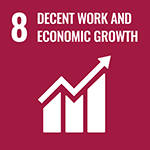
SDG 8: Decent Work and Economic Growth
Many areas of PML’s research involves building a deep understanding of different industries and sectors that interact with the marine environment, and finding opportunities to help develop these areas in sustainable ways to encourage responsible and maintainable long-term growth.
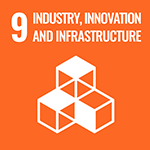
SDG 9: Industry, Innovation and Infrastructure
PML is an pioneer in net-zero oceanography and autonomy, as a founding member of the UK’s first National Centre for Coastal Autonomy and investing heavily in its fleet of innovative autonomous sampling vessels.
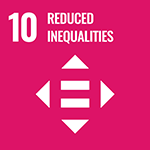
SDG 10: Reduced Inequalities
Through its Equality, Diversity and Inclusion policy, PML has a drive to help make marine science a more even playing field and support those from disadvantaged backgrounds through various initiatives.
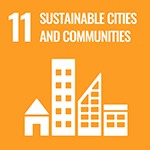
SDG 11: Sustainable Cities and Communities
PML is keen to promote sustainable development across all levels of society and leads a number of research projects that directly contribute to optimizing sustainability within marine industries as well as initiatives that interact with the marine environment.
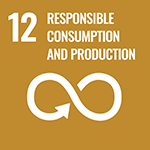
SDG 12: Responsible Consumption and Production
A central driver for PML research is the sustainable management of marine resources, ranging from food production and resource extraction through to addressing the issue of marine litter as well as wider pollution, and is a supporter of a more circular product lifecycle.
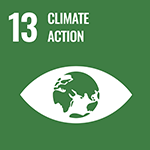
SDG 13: Climate Action
Climate change is intrinsically linked to every aspect of PML’s research and is an important consideration for all current and future research. Its experts have played leading roles in intergovernmental climate reports and taking part in all UN climate change meetings since 2009. PML is also actively reducing its own environmental impact and carbon footprint.
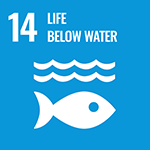
SDG 14: Life Below Water
Everything PML does and stands for is in support of a healthy, productive and diverse ocean that can nutritionally, environmentally, economically and emotionally provide for people and communities around the world for many generations to come.
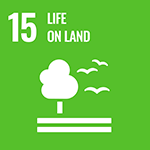
SDG 15: Life on Land
PML adopts the source-to-sea approach that recognises the interdependencies between the land and the ocean, which includes innovative approaches and real-world applications to monitoring and managing source-to-sea pollution and helping to achieve local, national and international goals related to sustainable development.
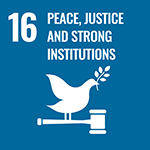
SDG 16: Peace, Justice and Strong Institutions
PML scientists are exploring methods that can contribute to addressing marine crime, such as illegal, unreported and unregulated fishing, and support compliance with environmental regulations.
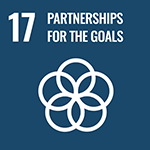
SDG 17: Partnerships for the Goals
PML collaborates across sectors and geographical areas to help facilitate the implementation of the SDGs. This includes being a regular contributor to national and international policy development relating to environmental sustainability and as a key player in many SDG-related partnerships.
Related information
United Nations 2023 SDG Summit
United Nations Sustainable Development Goals (SDGs)